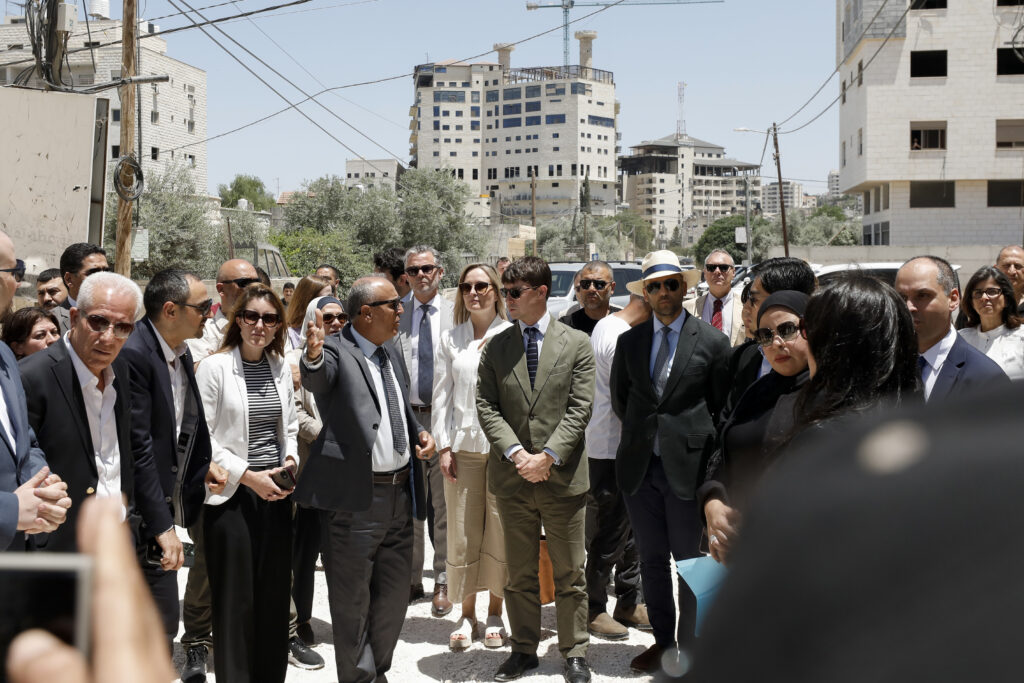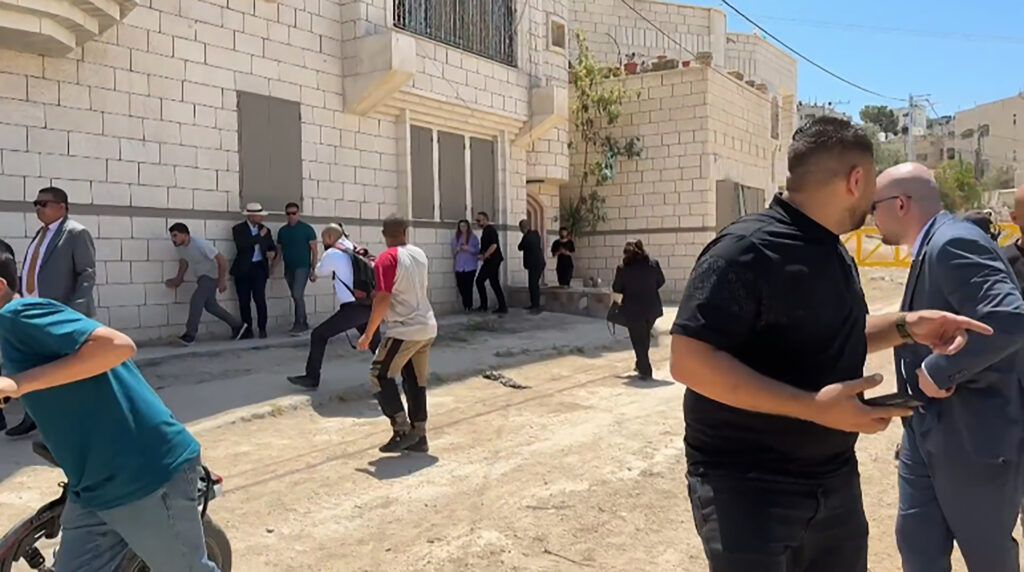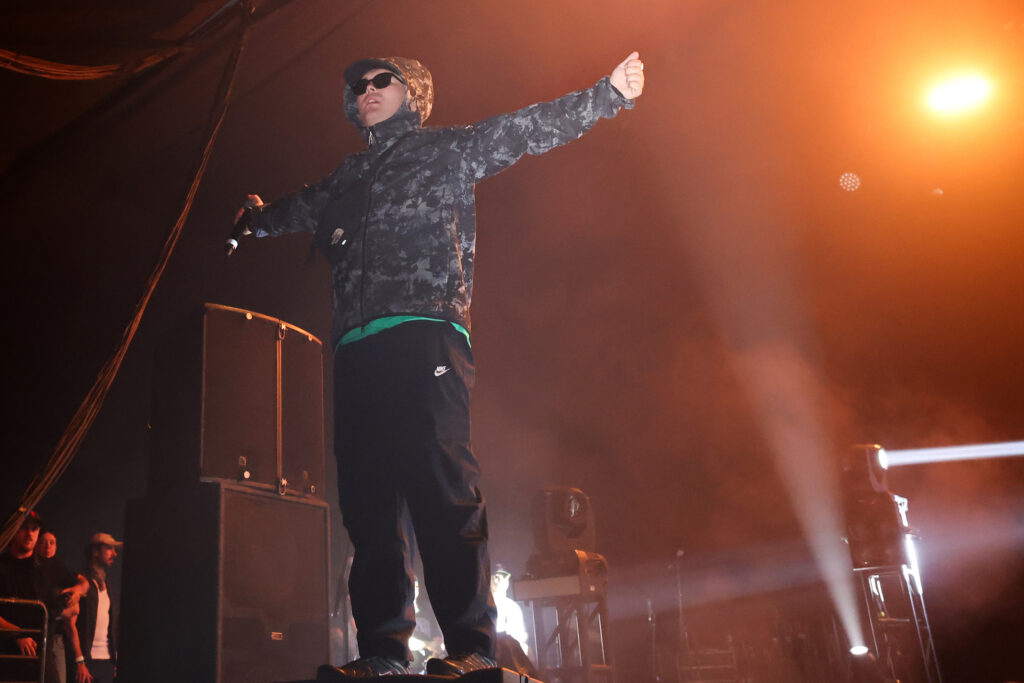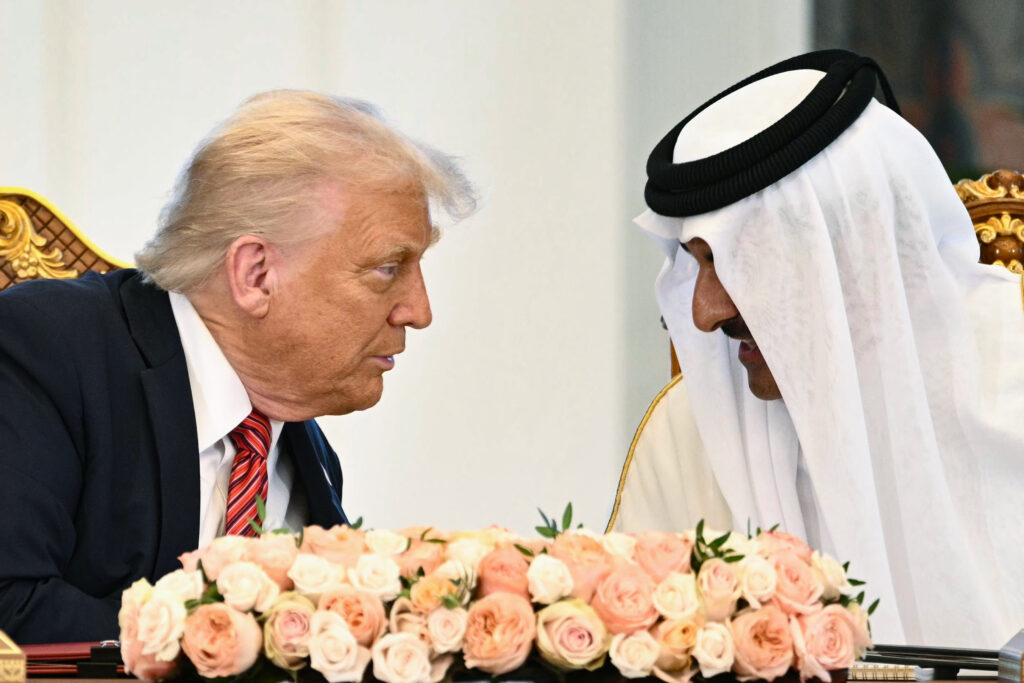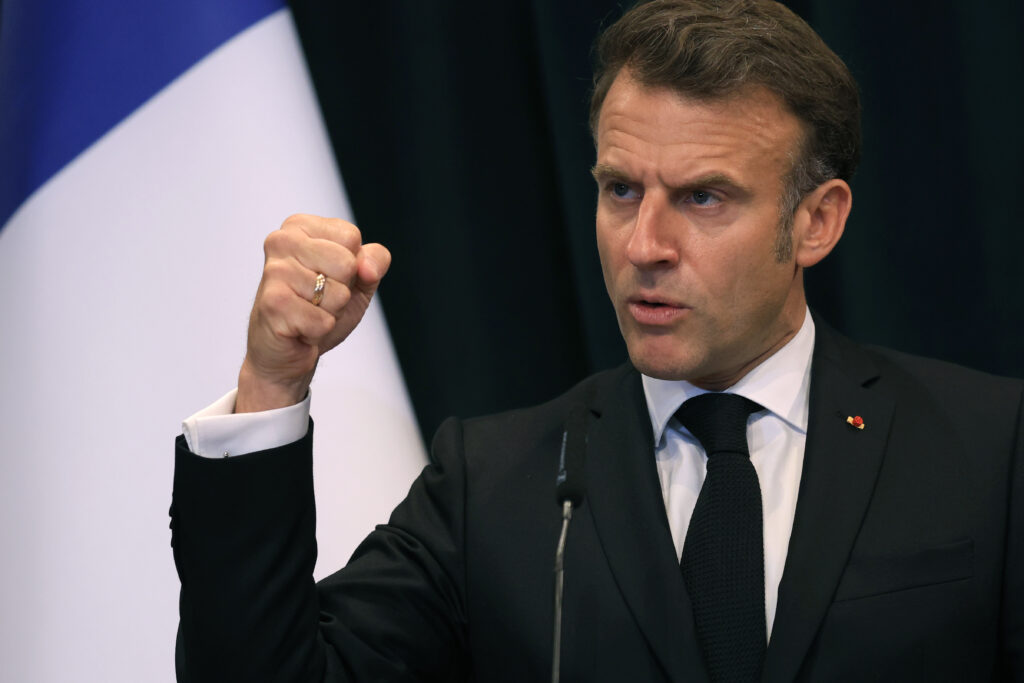Netanyahu says ready for Gaza ‘temporary ceasefire’
Prime Minister Benjamin Netanyahu said Wednesday he was open to a “temporary ceasefire” in Gaza, as international pressure intensified over Israel’s renewed offensive and aid blockade in the war-ravaged Palestinian territory.”If there is an option for a temporary ceasefire to free hostages, we’ll be ready,” Netanyahu said, noting that at least 20 hostages held by Hamas and its allies were still believed to be alive.But he reaffirmed that the Israeli military aimed to bring all of Gaza under its control by the end of its operation.”We must avoid a humanitarian crisis in order to preserve our freedom of operational action,” he said.His remarks came hours after Israeli troops fired what the army called “warning shots” near a delegation of foreign diplomats visiting the occupied West Bank, triggering global condemnation and fresh diplomatic tension.The Palestinian foreign ministry accused Israeli forces of “deliberately targeting by live fire an accredited diplomatic delegation” near the flashpoint city of Jenin.A European diplomat said the group had travelled to the area to witness the destruction caused by months of Israeli military raids.The Israeli army said “the delegation deviated from the approved route” and entered a restricted zone.Troops opened fire to steer the group away, it said, adding no injuries were reported and expressing regret for the “inconvenience caused”.The incident drew condemnation from Belgium, Canada, Egypt, France, Germany, Italy, Portugal, the Netherlands, Spain, Turkey, Uruguay and the European Union.EU foreign policy chief Kaja Kallas called on Israel to investigate the shots and to hold those responsible “accountable”.- ‘Unbearable’ -Anger mounted over the humanitarian crisis in Gaza, where Palestinians are scrambling for basic supplies after weeks of near-total isolation.Palestinian rescue teams said overnight Israeli strikes had killed at least 19 people, including a week-old baby.A two-month total blockade was only partially eased this week, with aid allowed into the territory for the first time since March 2, a move leading to critical food and medicine shortages.Israel said 100 trucks with aid entered Gaza on Wednesday through the Kerem Shalom crossing from Israel, following 93 the day before which the United Nations has said had been held up.Stephane Dujarric, spokesman for the UN secretary general, said that as of 1600 GMT Wednesday “none of the supplies have been able to leave the Kerem Shalom loading area” due to security concerns.Humanitarian groups have said that the amount falls far short of what is required to ease the crisis.A US-backed private group, the Gaza Humanitarian Foundation, that will use contractors, said meanwhile that it will start moving aid into the territory in “coming days”. The United Nations and traditional agencies have said they will not cooperate with the foundation which some have accused of working with Israel.The GHF has said it will distribute some 300 million meals in its first 90 days of operation.Umm Talal al-Masri, 53, a displaced Palestinian in Gaza City, described the situation as “unbearable”.”No one is distributing anything to us. Everyone is waiting for aid, but we haven’t received anything,” she said.”We’re grinding lentils and pasta to make some loaves of bread, and we barely manage to prepare one meal a day.”- Pressure on Israel -The army stepped up its offensive at the weekend, vowing to defeat Gaza’s Hamas rulers, whose October 7, 2023 attack on Israel triggered the war.Israel has faced massive pressure, including from traditional allies, to halt its expanded offensive and allow aid into Gaza.European Union foreign ministers agreed on Tuesday to review the bloc’s cooperation accordi, which includes trade, with Israel.Israel’s foreign ministry has said the EU action “reflects a total misunderstanding of the complex reality Israel is facing”.Sweden said it would press the 27-nation bloc to impose sanctions on Israeli ministers, while Britain suspended free-trade negotiations with Israel and summoned the Israeli ambassador.Pope Leo XIV described the situation in Gaza as “worrying and painful” and called for “the entry of sufficient humanitarian aid”.Germany defended a key EU-Israel cooperation deal as “an important forum that we must use in order to discuss critical questions” over the situation in Gaza.In Gaza, Israel resumed its operations across the territory on March 18, ending a two-month ceasefire.Hamas’s October 2023 attack resulted in the deaths of 1,218 people in Israel, mostly civilians, according to an AFP tally based on official figures.Militants also took 251 hostages, 57 of whom remain in Gaza including 34 the military says are dead.Gaza’s health ministry said Tuesday at least 3,509 people have been killed since Israel resumed strikes on March 18, taking the war’s overall toll to 53,655.In neighbouring Lebanon, authorities said Israeli strikes killed three people on Wednesday as Israel said it targeted Hamas’s allies Hezbollah in the south — the latest in a series of attacks despite a ceasefire with the Iran-backed militant group.
